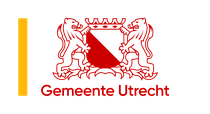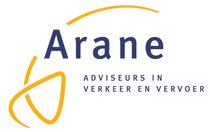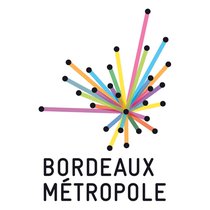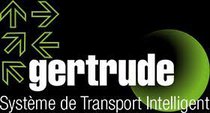As our urban environments are increasingly complex, managing traffic in the traditional centralized way is virtually impossible. DIT4TraM will use swarm intelligence and a decentralized approach with little or no control from above. Yet, it still works towards a shared goal. In 6 pilots throughout Europe, we will experiment with different solutions.
The transport sector is expected to alter shape in the coming decades. This transition is driven by user-centred mobility services, integrated and intelligent transport networks, pricing and payments, automation, safety and security, as well as public and private innovation. Like Big Data and Artificial Intelligence, these developments provide major opportunities but also increase system complexity.
The overarching aim of DIT4TraM is to develop, implement and test a generic distributed control paradigm. This paradigm should be applicable at the level of traffic operations, mobility management, demand-supply synchronisation and shared mobility—including advanced monitoring, estimation and (machine learning) forecasting technology, and associated algorithms for a variety of novel multi-modal management and mobility concepts operating at all urban scales. A holistic approach to decentralisation, distribution and mechanism design for monitoring and control is proposed to achieve social optimality, yet with only necessary information exchanges. This is further translated into four key application fields corresponding to four interlaced urban scales, carefully selected to ensure that all relevant challenges are tackled.
Pilots in several European cities, among others in Amsterdam, are organised to test DIT4TraM concepts, assess market potential, and design business models. Our vision is to support the transition to seamless and sustainable connected and autonomous mobility by disentangling the system components to the greatest extent possible whilst ensuring sufficient cooperation and emergent coordination by smart system design. This can then lead to liveability, safety, resilience, efficiency, as well as privacy, participation, fairness and sustainability on a city scale. The DIT4TraM partnership has been formed to address the combination of technical, organisational, and implementation challenges to develop and test the proposed solution.
The Amsterdam Pilot
The pilot in Amsterdam will take a closer look at the role of a Mobility Credit Scheme for future use in transport. The Mobility Credit Scheme is an alternative way to pay for mobility. It is not based on the current method of pricing (for petrol or your public transport ticket) but instead could take into account things such as sustainability, equality or other societal values. As an example, you can play with different prices for transport modes based on their CO2 emissions. How could and should such a system work and what is the acceptance of rethinking the traditional method of pricing? Through a serious game, we will conduct an experiment to get answers to these and more questions.
| Duration: |
|
| Related Information: |
Principal Investigators
Project members
Partners






















